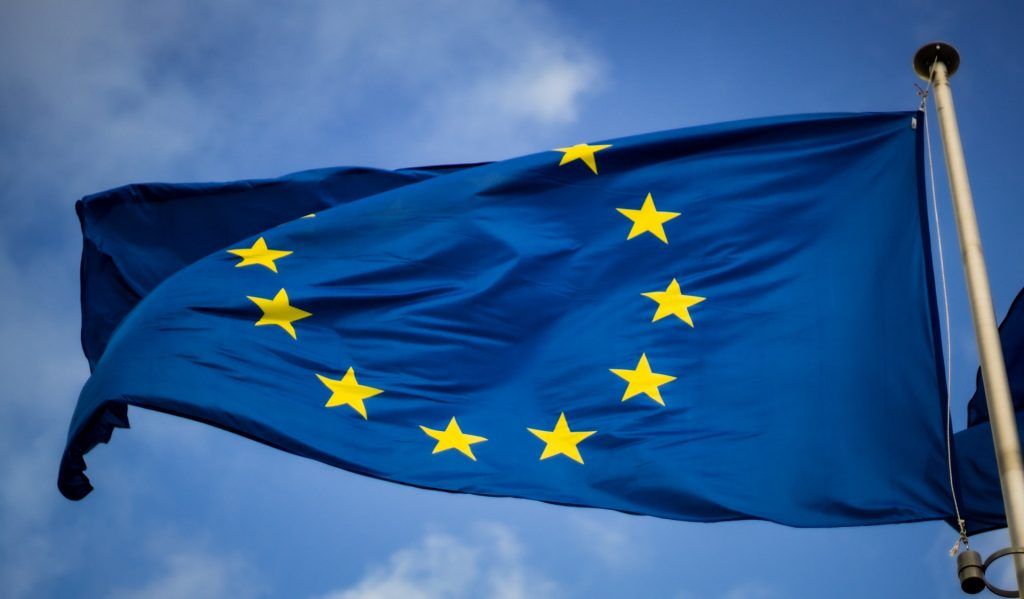The Council decided on 13 December to prolong the restrictive measures currently targeting specific economic sectors of the Russian Federation by six months, until 31 July 2022. The Council decision follows the latest assessment of the state of implementation of the Minsk agreements – initially foreseen to happen by 31 December 2015 – at the European Council of 16 December 2021.
The sanctions in place, first introduced on 31 July 2014 in response to Russia’s actions destabilising the situation in Ukraine, limit access to EU primary and secondary capital markets for certain Russian banks and companies and prohibit forms of financial assistance and brokering towards Russian financial institutions. The sanctions also prohibit the direct or indirect import, export or transfer of all defence-related material and establish a ban for dual-use goods for military use or military-end users in Russia. The sanctions further curtail Russian access to certain sensitive technologies that can be used in the Russian energy sector, for instance, in oil production and exploration.
During the assessment of the state of implementation of the Minsk agreements that occurred at the European Council of 16 December 2021, the EU leaders encouraged diplomatic efforts and supported the Normandy format in achieving the full implementation of the Minsk Agreements. In light of the fact that Russia did not fully implement these agreements, EU leaders unanimously decided to roll-over the economic sanctions in place against the country.
In addition to economic sanctions, the EU has in place different types of measures in response to Russia’s illegal annexation of Crimea and the city of Sevastopol and the deliberate destabilisation of Ukraine. These include: diplomatic measures, individual restrictive measures (asset freezes and travel restrictions) and specific restrictions on economic relations with Crimea and Sevastopol.
History of restrictive measures
Diplomatic measures
In 2014, the EU-Russia summit was cancelled and EU member states decided not to hold regular bilateral summits. Bilateral talks with Russia on visa matters as well as on the new agreement between the EU and Russia were suspended.
Instead of the G8 summit in Sochi, a G7 meeting was held in Brussels on 4-5 June 2014. Since then, meetings have continued within the G7 process.
EU countries also supported the suspension of negotiations over Russia’s joining the Organisation for Economic Co-operation and Development (OECD) and the International Energy Agency (IEA).
The Council today decided to prolong the restrictive measures currently targeting specific economic sectors of the Russian Federation by six months, until 31 July 2022. The Council decision follows the latest assessment of the state of implementation of the Minsk agreements – initially foreseen to happen by 31 December 2015 – at the European Council of 16 December 2021.
Restrictions on economic relations with Crimea and Sevastopol
The Council adopted restrictive measures in response to the illegal annexation of Crimea and Sevastopol by the Russian Federation.
The measures apply to EU persons and EU based companies. They are limited to the territory of Crimea and Sevastopol.
These measures include:
- an import ban on goods from Crimea and Sevastopol
- restrictions on trade and investment related to certain economic sectors and infrastructure projects
- a prohibition to supply tourism services in Crimea or Sevastopol
- an export ban for certain goods and technologies
On 21 June 2021, the Council extended these measures until 23 June 2022.
Economic sanctions targeting exchanges with Russia in specific economic sectors
In July and September 2014, the EU imposed economic sanctions targeting exchanges with Russia in specific economic sectors.
In March 2015, EU leaders decided to align the existing sanctions regime to the complete implementation of the Minsk agreements, foreseen for the end of December 2015. Since this did not happen, the Council extended economic sanctions until 31 July 2016.
The economic sanctions have been extended for 6 months successively since 1 July 2016.
The extension was decided each time following an assessment of the Minsk agreements implementation. The economic sanctions are currently extended until 31 January 2022.
These restrictive measures:
- limit access to EU primary and secondary capital markets for certain Russian banks and companies
- impose an export and import ban on trade in arms
- establish an export ban for dual-use goods for military use or military end users in Russia
- curtail Russian access to certain sensitive technologies and services that can be used for oil production and exploration
Measures concerning economic cooperation
Restrictions on economic cooperation were introduced by EU leaders in July 2014:
- the EIB was requested to suspend the signature of new financing operations in the Russian Federation
- EU member states agreed to coordinate their positions within the European Bank for Reconstruction and Development (EBRD) Board of Directors with a view to also suspend the financing of new operations
- the implementation of EU bilateral and regional cooperation programmes with Russia was re-assessed and certain programmes suspended.
Sources:
Council of the EU – Press releases
Council of the EU – Press releases
More information:
EU reaction to cyber-attacks on Ukraine
Infografía – EU sanctions against Russia over Ukraine







Leave a Reply